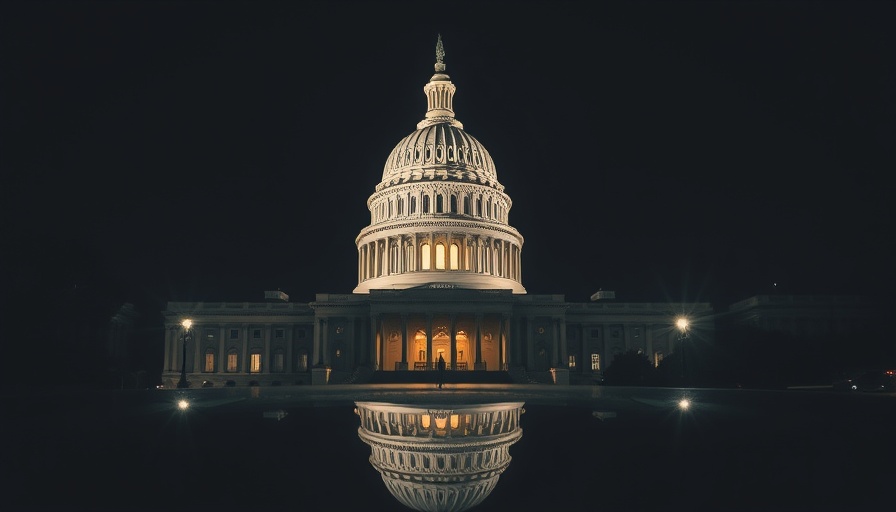
Senate GOP’s New Health Care Measures: What You Need to Know
Late Friday night, Senate Republicans revealed changes to health care policies within a tax legislation aimed at securing the votes of holdout party members. This revision allows them to utilize a budget reconciliation process, which lets them advance through Congress without Democratic support. However, this process is complex, often stretching out over several days as lawmakers deliberate on amendments and votes.
A Balancing Act: Medicaid Cuts and Support for Rural Hospitals
The new proposal pairs cuts to Medicaid with a tantalizing $25 billion fund intended for rural hospitals. These adjustments aim to navigate around fiscal constraints while attempting to keep essential services afloat in underserved areas. As reported, the Congressional Budget Office (CBO) forecasts that millions could lose Medicaid coverage due to these cuts, raising concerns among healthcare providers about how reduced federal funding might impact their operations.
Understanding the Political Landscape
The evolving maneuvering in the Senate reflects broader tensions within the Republican Party, where factions differ on fiscal strategies and healthcare priorities. As this legislation heads towards voting, it serves as a litmus test not only for party unity but also for how health care will be shaped by political dynamics in the upcoming years. Stakeholders must closely monitor these developments, as they will significantly affect patients and healthcare providers alike, especially in rural settings.
Community Focus: The Impact of Legislative Changes
For individuals relying on Medicaid and rural hospital services, these changes resonate deeply. Many small communities depend heavily on the care provided by local facilities. Therefore, while the legislation may garner support from certain political factions, the implications for everyday Americans, especially those in vulnerable populations, cannot be overstated. The conversation must recognize the human element behind these policies, as they determine access to vital health services.
Looking Ahead: What’s at Stake?
As we move through this legislative process, it will be crucial for advocates and community members to express their concerns and needs to their representatives. Legislative debates like this are not merely political—they reflect the shifting realities of healthcare access in America. Understanding the nuances and ramifications of these policy changes can empower citizens to engage in meaningful dialogue with their elected officials, ensuring that the voices of those affected are heard.
 Add Row
Add Row  Add
Add 




Write A Comment